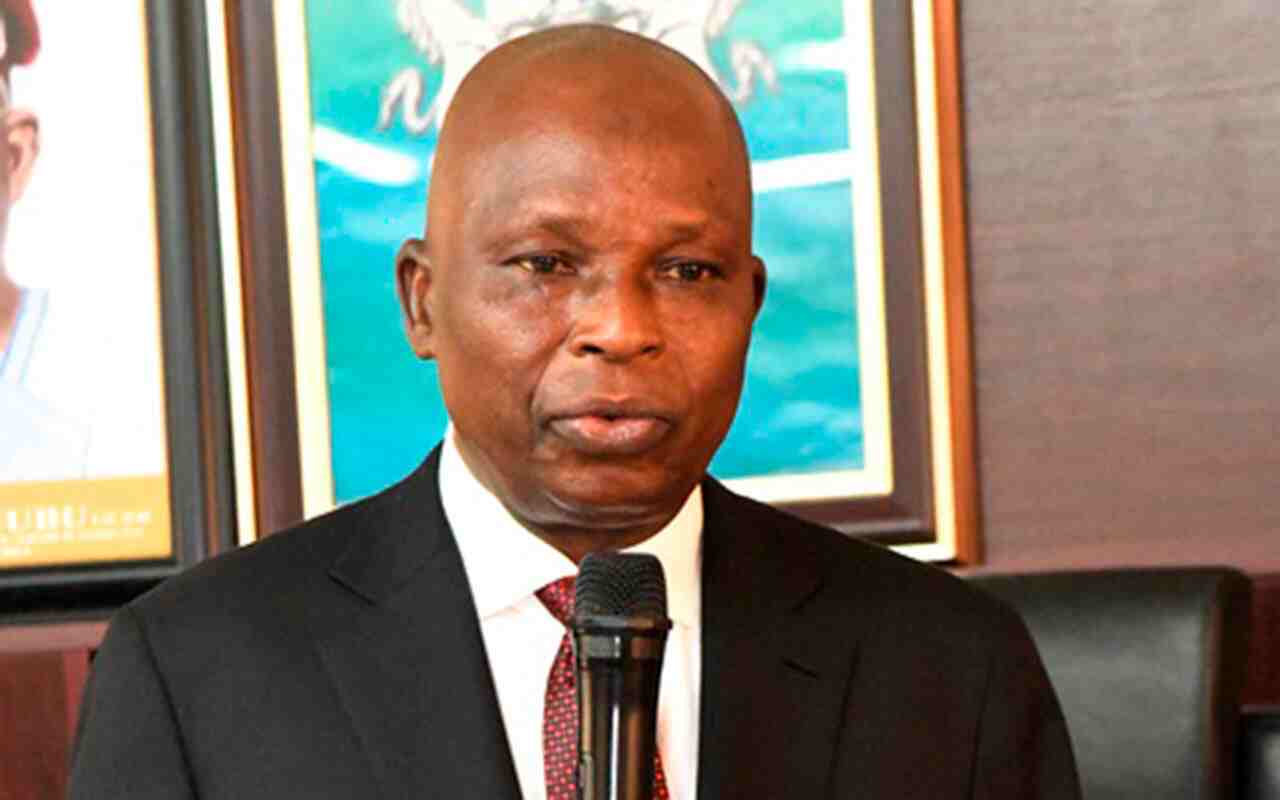The landmark ruling by the Supreme Court on Thursday, July 11, 2024, which put an end to the state governors’ impunity regarding Local Government financial autonomy, stands out as the most significant judgment in the ongoing legal disputes between the Federal Government and the state administrations since Nigeria’s return to democracy.
The judgment has automatically deleted the section of the Nigerian 1999 Constitution that made provisions for the State and Local Government Joint Account (SLGJA) through which the governors put local administration in their pocket. Monthly allocation will now be paid directly into the account of the 774 council areas.
In a judgment read by Justice Emmanuel Agim, the apex court didn’t only describe the appointment of caretaker committees by the governors as illegal and unconstitutional, but the court also bars the Houses of Assembly of any state from making any ‘dubious’ laws that could interfere with local government monies, describing such actions as a clear violation of Section 162 of the 1999 Constitution (as amended).
Previous efforts, including Executive Order No.10 of 2020 signed by former President Muhammadu Buhari on May 23, 2020, to grant financial autonomy to local governments, were all challenged in court by the ‘union’ of the state governors, which they won.
Apart from the latest LG financial autonomy being a victory for democracy, the Attorney-General of the Federation and Minister of Justice, Mr. Lateef Fagbemi, a Senior Advocate of Nigeria, deserves commendation for instituting such an audacious legal battle against the powerful, untouchable, unquestionable, and the statemighty governors, who have constituted themselves as parasites against local government administration for over two decades.
However, Fagbemi’s legal hurdle doesn’t end with this victory. There are more legal hurdles ahead, which we believe he has the legal dexterity to successfully cross.
One way in which state governors exert control over local government chairmen is by subjugating them. This is evident in states where local government elections are conducted, as the governors manipulate the process to ensure victory for their allies and cronies through the dubious formation of the State Independent Electoral Commission (SIEC).
The constitution acknowledges three tiers of governance (federal, state, and local government), if the Independent National Electoral Commission (INEC) oversees elections for both federal and state levels, there should be no hindrance for INEC to assume responsibility for conducting elections in the local council areas. The State Independent Electoral Commissions (SIECs) have been hijacked and controlled by emperors at state levels. This requires a constitutional amendment.
The Federal Executive can push for the removal of the SIECs in section 197 (1) (a) and part II of the Third Schedule of the 1999 Constitution and transfer the responsibility of conducting Local Government elections to INEC as was obtained in the 1979 Constitution. This will restore sanity to the electoral process in the council areas and check the excesses of the ruling party in their usual ‘win all’ syndrome at state level.
Two, Mr. Fagbemi must undertake a comprehensive examination of the legal framework governing the sources of revenue between the state and local council areas. For instance, certain states have monopolized all revenue streams from the local government areas, thereby depriving them of adequate resources for efficient administration at the grassroots level.
In a state like Osun, application for Local Government Identification has been digitized, making it easy for indigenes to apply online, which is a great initiative and brilliant idea. However, the noble intention behind this advancement has been overshadowed by the governor’s strategy to financially asphyxiate the local government administration. The processing fee is channelled directly into the coffers of the state government. In such a repressive political climate, how can the local government operate efficiently?
Many local secretariats have become an eyesore in recent times due to insufficient resources, encroachment upon the authority to generate internal revenue and manipulation of the state joint local government account.
Not just that, some council areas possess the capability to generate more internal revenue than what they receive as monthly allocation from the central government. The autonomy in financial matters should extend beyond the confines of the monthly allocations.
The primary objective of the Joint Account was originally to consolidate all financial allocations designated for the diverse local government councils from the Federation Account. These funds were intended for subsequent distribution by the states to the local authorities, enabling the state to supervise the operations of the third-tier governments within their respective jurisdictions to promote good governance and efficient service delivery.
However, this purpose has been undermined by the authoritarian behaviour of the state governors. It is now imperative for the people in the council areas to demand accountability from their local government chairmen.
While it is undeniable that the same self-serving blood flows through the veins of an average Nigerian politician (not excluding the local government chairmen), the recent Supreme Court ruling against the unlawful appropriation of funds by governors from local governments marks a promising step towards establishing a framework for genuine financial autonomy at the local level.



This is a comprehensive write-up on this issue. Nevertheless, the autonomy granted to Local Governments in Nigeria should not be exploited by the chairmen. There should be regular check and balance on the financial activities of the LG by FG and without granting immunity to local government chairmen.